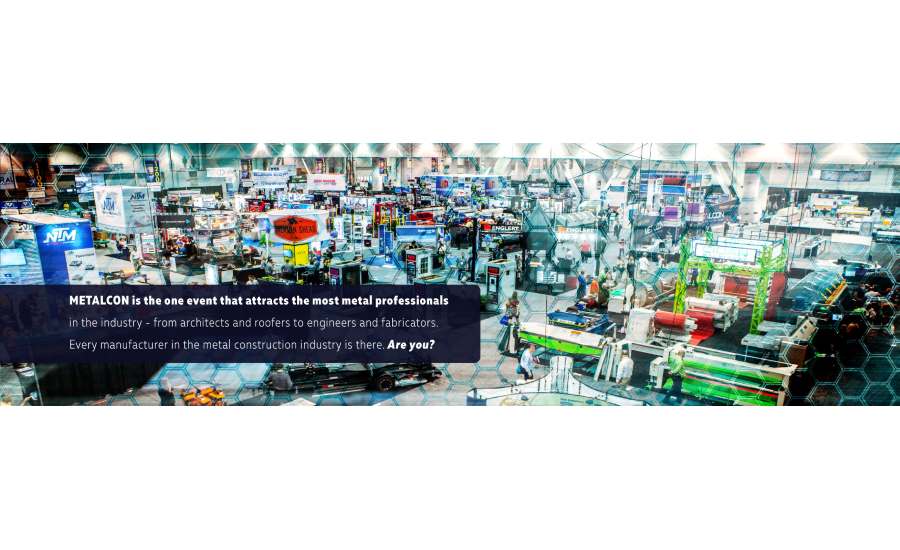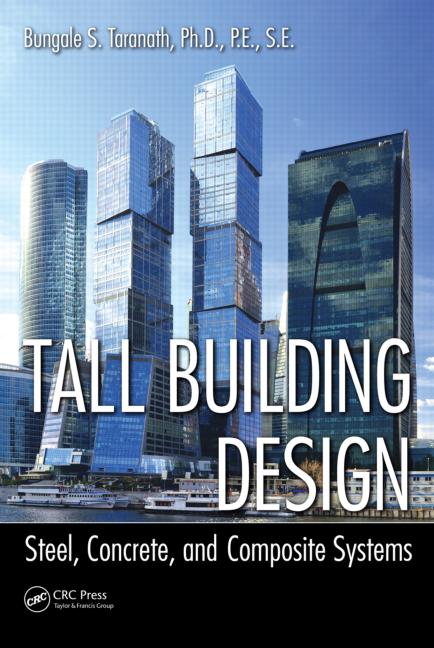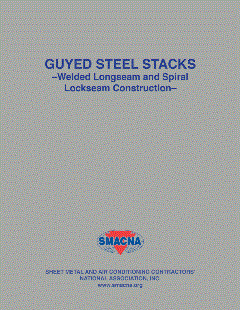Former CEO of Nucor Corporation and senior trade adviser to President Trump’s Campaign, Dan DiMicco, defended the Trump administration’s aggressive foreign trade policy and tariffs in his keynote address, “The Economic Plan for Growth and Global Competitiveness in the United States―Implications for Steel” last week at METALCON in Charlotte, N.C. He explained how steel and aluminum tariffs are necessary, make sense and are putting the United States back on track.
DiMicco, Charlotte’s best-known advocate of hardline trade policies and chairman of the Coalition for a Prosperous America, said he is not only at the forefront of fighting for steel but also for manufacturing.
DiMicco says, “Trump is a unique guy. He is not a politician, and it shows. There are things people like about him, and things people don’t like about him. What I am here to talk about today is what he is doing to improve our global competitiveness. That is why I joined his team on trade as a strategic economic adviser.”
“Trump's economic policy has the economy firing on all cylinders―wages are starting to go up, and unemployment rates are down,” said DiMicco. “Our four-point economic plan the President outlined during his campaign is very straight forward. It involves tax reform, trade reform, regulatory reform and energy reform. It also involves rebuilding our infrastructure. Each reform is significant by itself. The beauty of the four-point strategy is the synergies that take place when you execute on all four together―all designed to improve our global competitiveness. As the President has said, the United States is open for business again. Build your plants here. Grow your facilities in the United States to serve our market and to export to the rest of the world―not the other way around.”
“For the last 25 years, China has been waging a trade war against the United States,” said DiMicco. “A lot of us have been fighting that war but without the resources to win it, until now. The American people have said enough is enough. This administration is saying enough is enough.”
“We believed when we allowed China into the World Trade Organization to gain permanent nation favored trading status, that they would live up to their promises―their promises to be a market-based economy,” said DiMicco. “They did just the opposite for the last 25 years.”
“What drove this home most recently was, Chairman Xi, now China’s emperor for life, came out with his China 2025 policy, and his words were, ‘China 2025 is about us dominating the industries of the future, not being a global trading participant with the rest of the world,’ ”said DiMicco. “He even scared a lot of the leaders in China, but what he also did is make the rest of world stand up and take notice. They don’t want to work with the world as they promised; they want to dominate and control. To do that, they have to undermine the United States, and we have allowed them to do that.”
“What this President is saying, is enough is enough,” said DiMicco. “We’re not going to take it anymore. We are going to fight back while we still have the leverage to do it, and we have lost a lot of leverage, make no mistake about it.”
“So, what is the administration doing?” asked DiMicco. “You have heard about 232 (of the U.S. Trade Expansion Act of 1962), and you have heard about 301. A lot of people have mistaken that the 232 program is designed just for steel and aluminum. That’s completely untrue. There are nine strategic industries. Steel and aluminum were just the first because they have been under attack the longest, but the 232 program is about national defense. You cannot be a leader of the world if you don’t have a strong manufacturing base and a strong steel industry.”
“We need a global trading system that is reciprocal, fair and balanced,” said DiMicco. “We’re not against China having economic growth, providing for its people, having a strong middle class in China―just the opposite. Everybody went into this with the idea that that’s what would happen. The problem is the opposite has happened.”
“The world has got a serious problem,” said DiMicco. “The world cannot afford for the United States not to be there as a counter balance and stronghold. This is much bigger than any one product, any one industry. This is about the future and well-being of our nation and our world.”
“You know the supply chains, where they are and where they are not,” said DiMicco. “Our defense department says we can no longer supply parts we need for our military. They did a study and went down five levels in the supply chain and said we are getting our stuff from people who don’t like us, the people who want to destroy us. This can’t be like this. We have to re-establish our supply chains. Otherwise, you don’t have a manufacturing sector that stands on its own two feet.”
“Whether you like Trump or not, this is about something bigger than one person; it’s about the future of our country… it is about more than one industry and more than one country,” said DiMicco. “This nation is at a crossroads. We have been under attack by an economic aggressor who has one thought in mind―to dominate, not to share, but to control. We have no choice but to engage in a war that has been waged against us. We may not like it―the way it affects our businesses―but this is a bigger issue. You can choose to be a champion for us; you can choose to be a champion against us. Enough is enough. We want China to be successful, but not at our expense or at the expense of the world. And, you can’t have national security without a strong economy.”
“You think we’re going to change this giant battleship of a trade war overnight?” asked DiMicco. “It is going to take years. It is not going to go away until China fundamentally changes the way it does business with the world. There’s no shortcut. All we can do is support the President until the Chinese sense our resolve.”
Following DiMicco’s presentation, audience members participated in an interactive Q & A session. When one audience member repeatedly contended how it was hard to justify making manufacturers and other countries suffer the burden of tariffs as a tactic against China, DiMicco replied, “It is absolutely necessary, and I already made my case for it.”
When this same audience member persisted, stating Chinese companies were a true economic player out to make profits like everybody else, DiMicco stated the government subsidizes their energy and materials costs, allows them to avoid environmental costs imposed in other countries and allows them to exploit their workers in ways that are not allowed in market economies. DiMicco abruptly wrapped up the back and forth discussion with, “You need to stop drinking the Kool-Aid. We need to give the microphone to somebody else. Take the Kool-Aid away from him.”
DiMicco, author of American Made: Why Making Things Will Return Us to Greatness ,spent most of his career in steel and manufacturing. He served as a senior trade and economic adviser to President Trump’s campaign and was the lead on the U.S. trade representative transition team. He joined Nucor in 1982 and worked his way up to president and CEO in 2000. Under his leadership, Nucor delivered dramatic growth in profits and shareholder returns. Today, Nucor is the United States’ largest producer of steel and also considered North America’s largest recycler.
“Dan’s tariff talk was so critical for our industry,” said METALCON Show Director, Claire Kilcoyne. “His extensive knowledge and first-hand expertise on this subject was incredibly informative and enlightening. It was an engaging program, and he got everyone talking. It is important to understand what’s truly going on in this trade war and to avoid drinking the Kool-Aid.”







